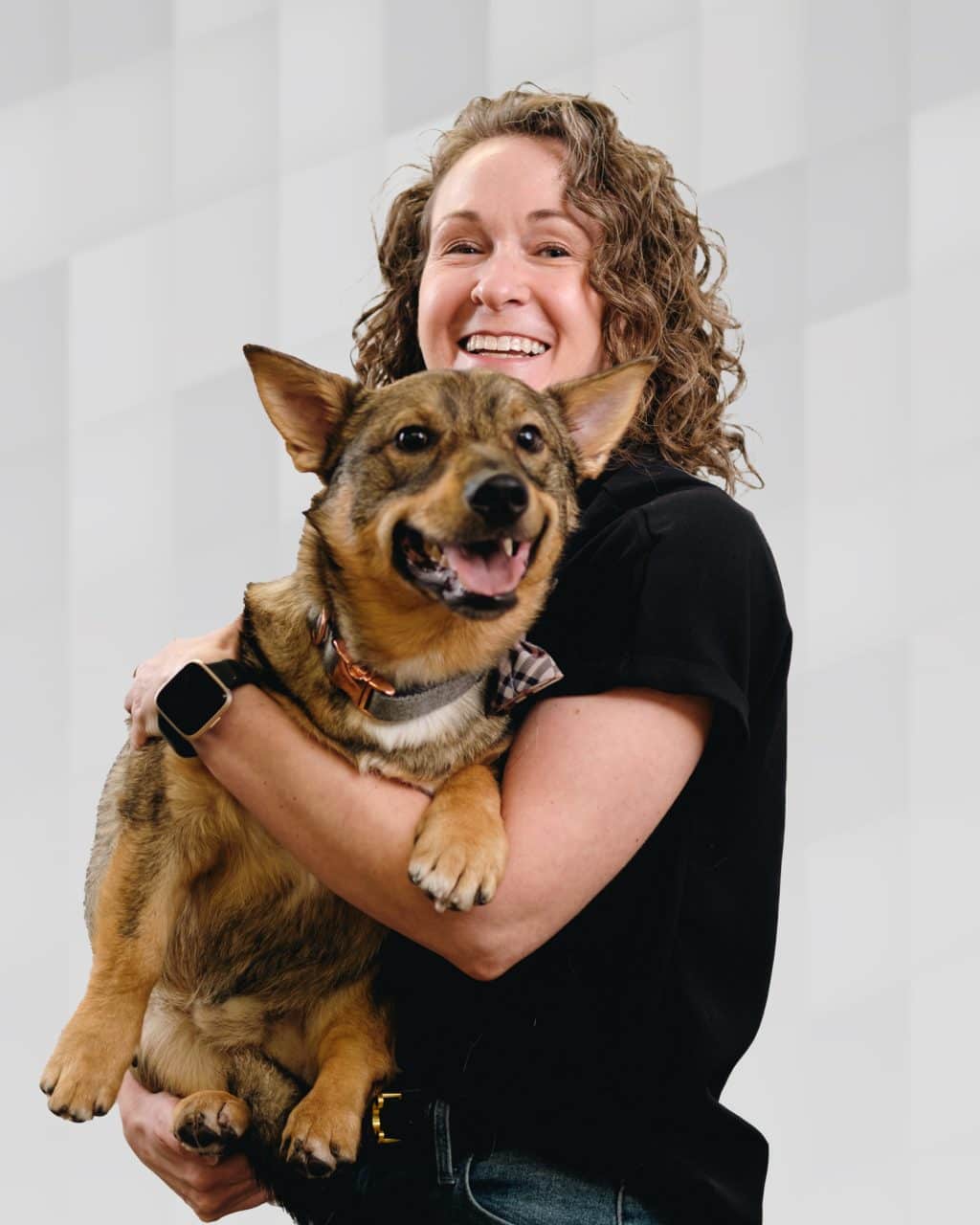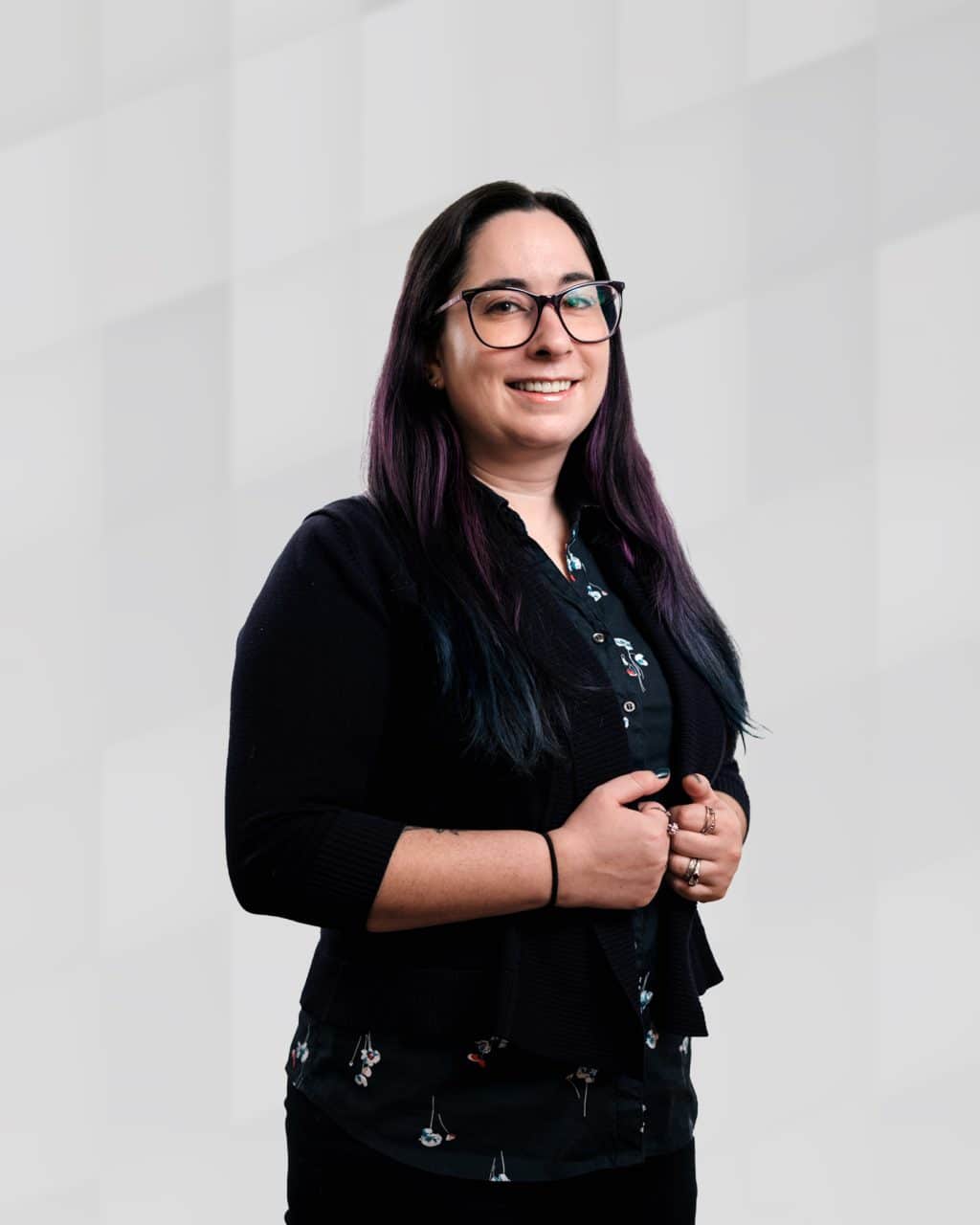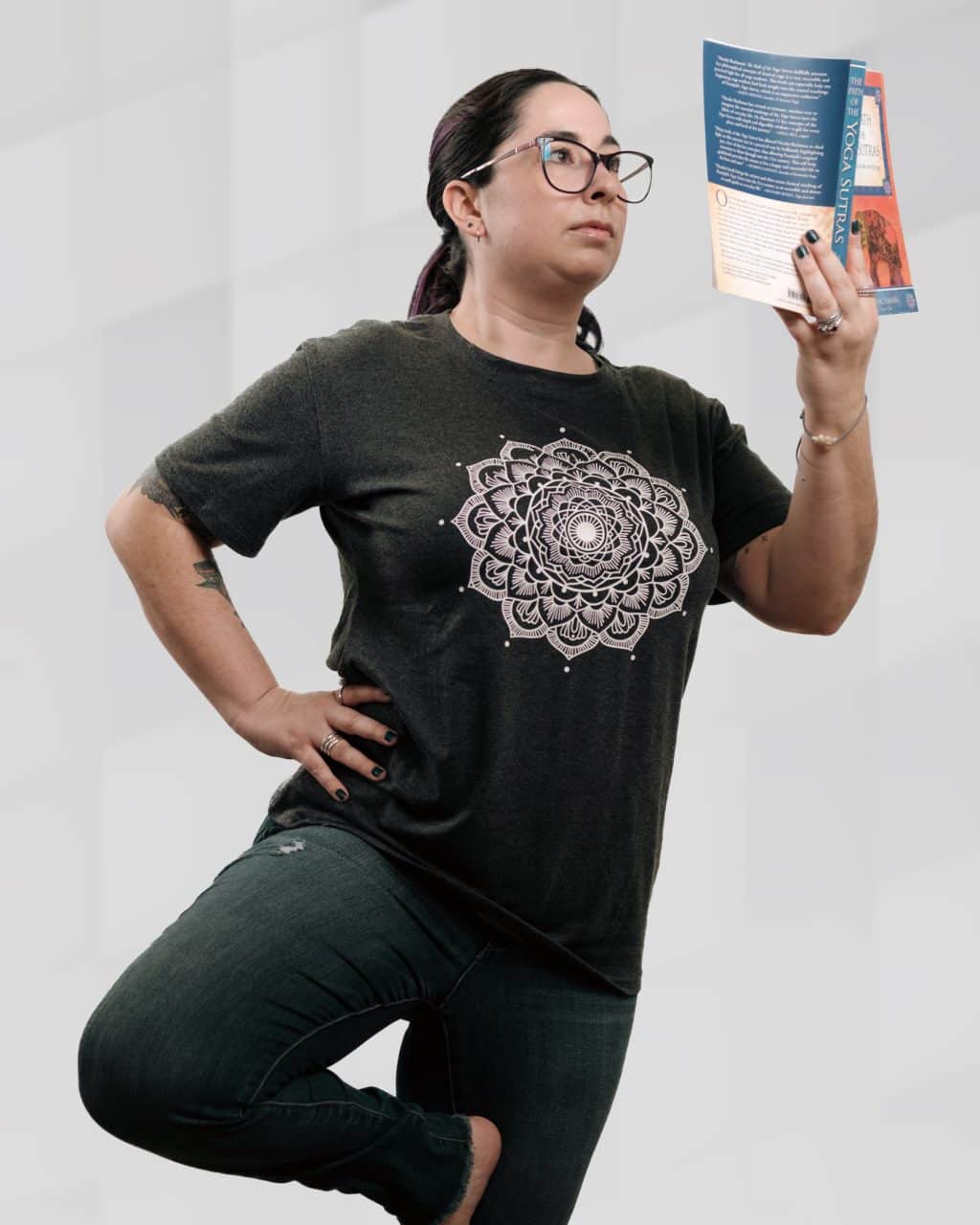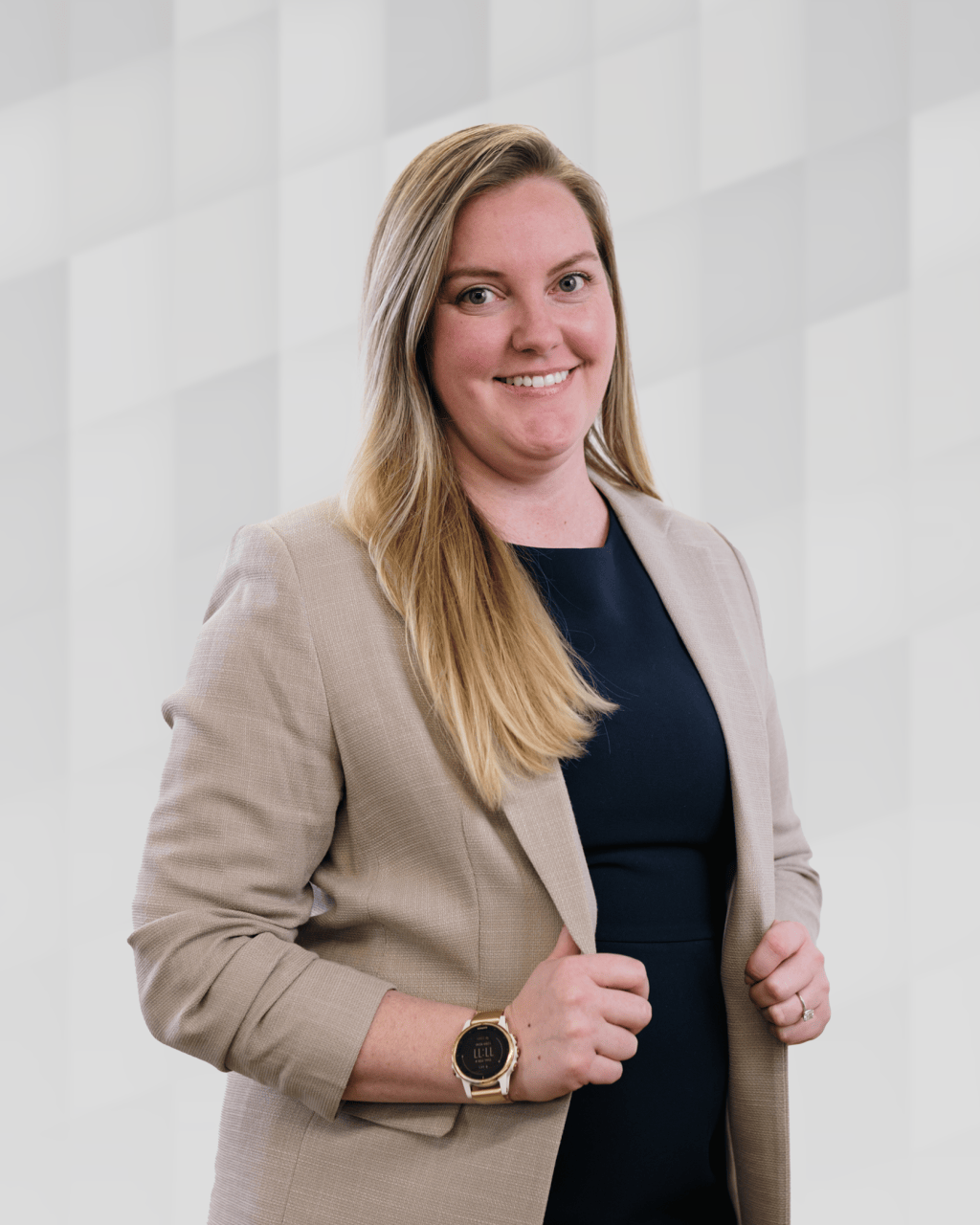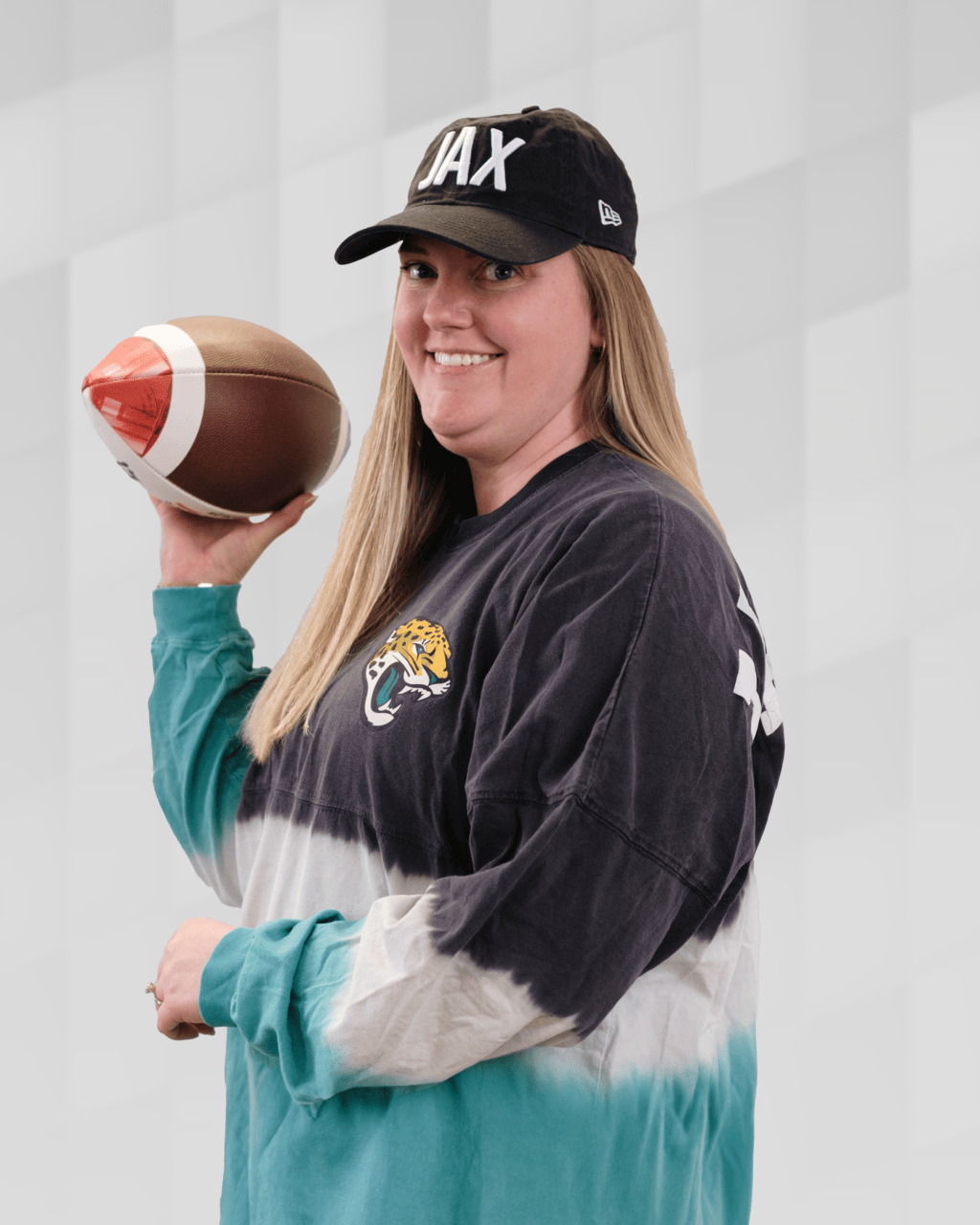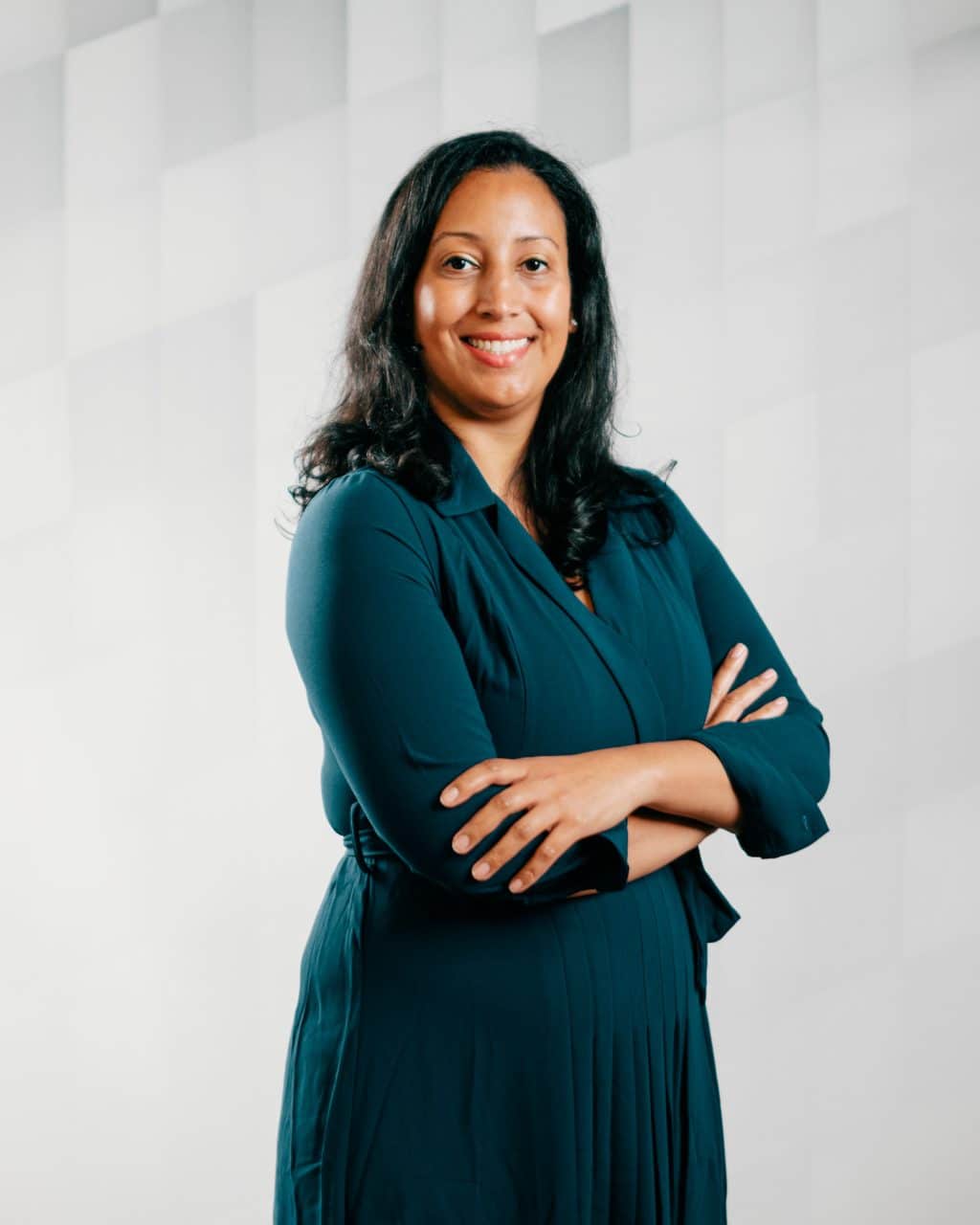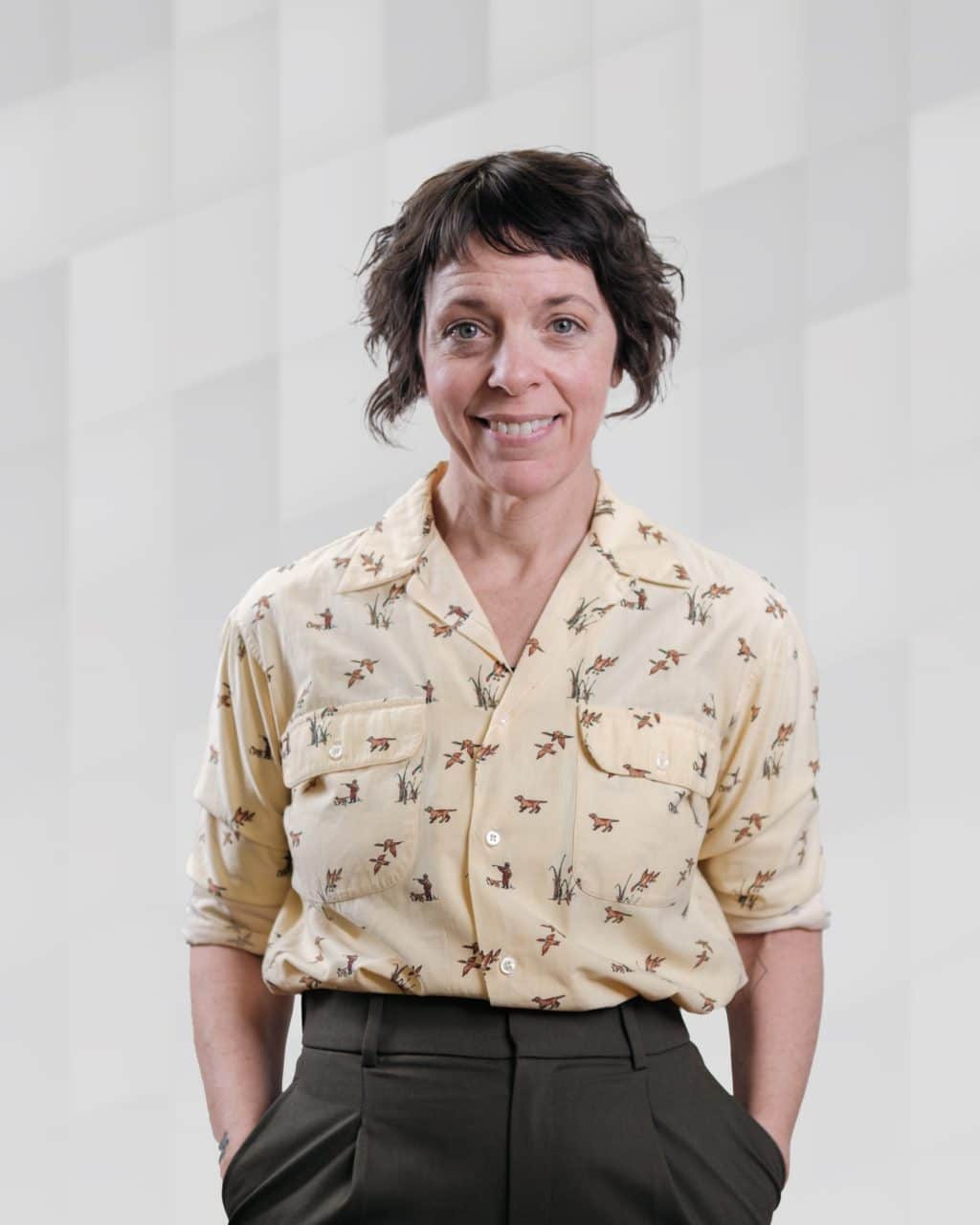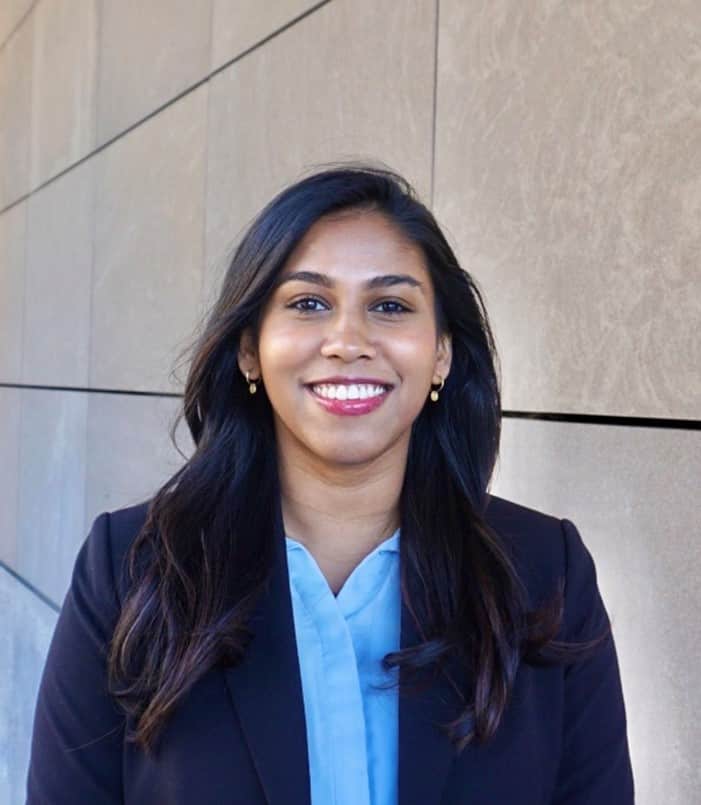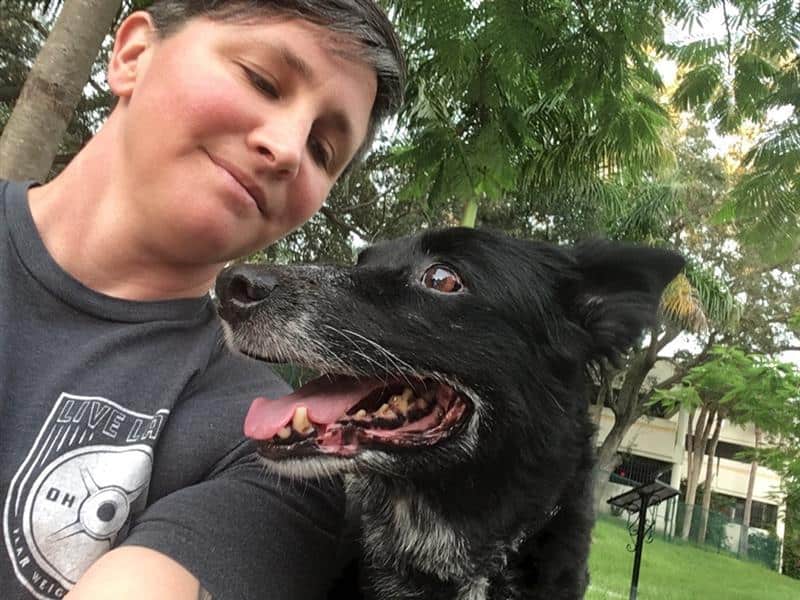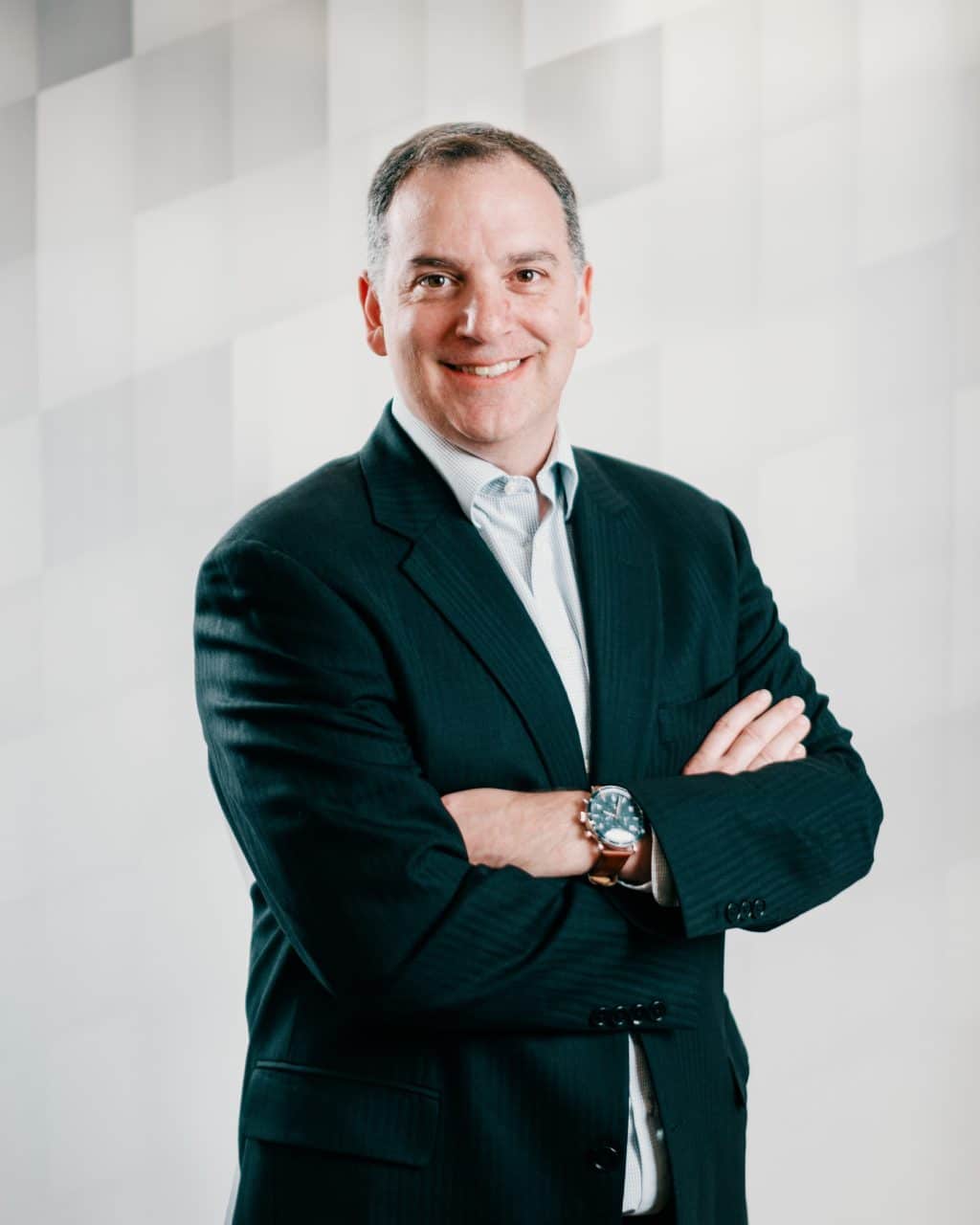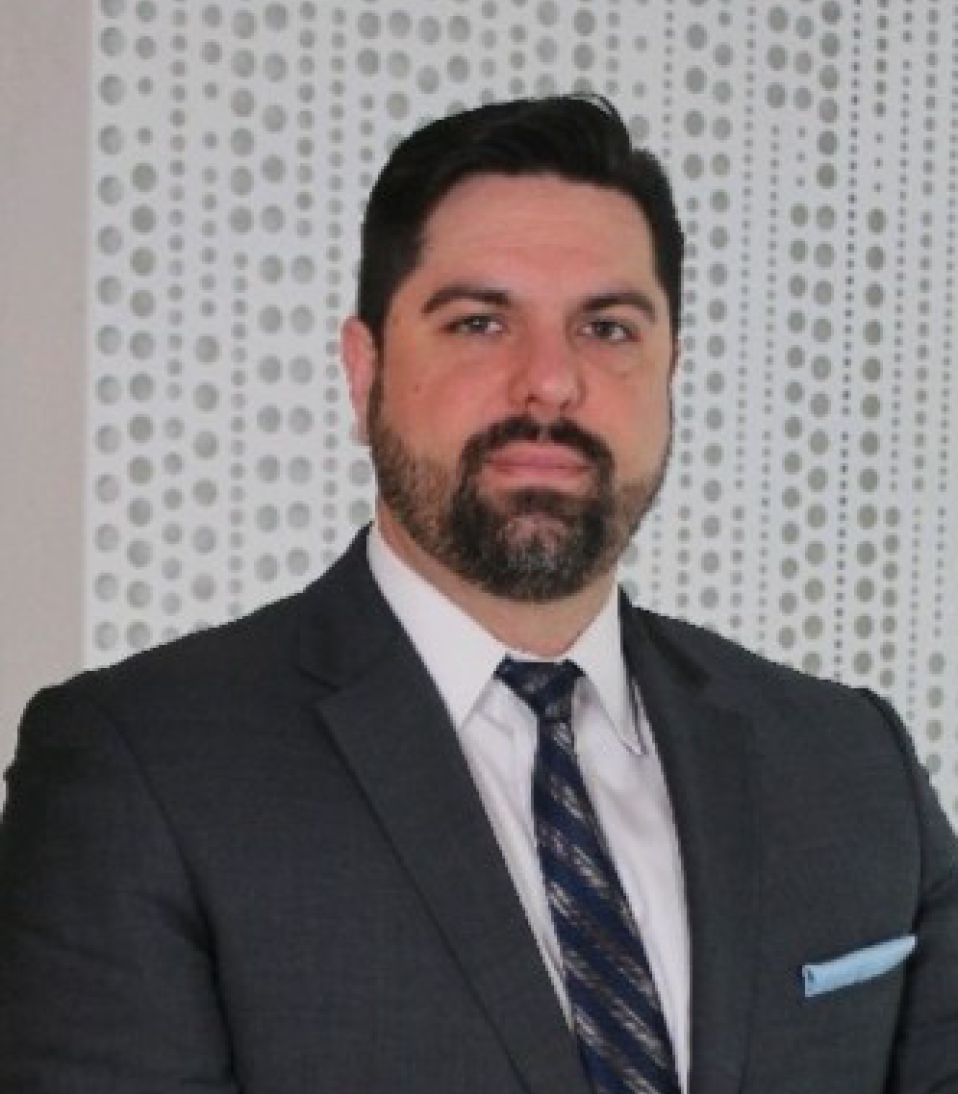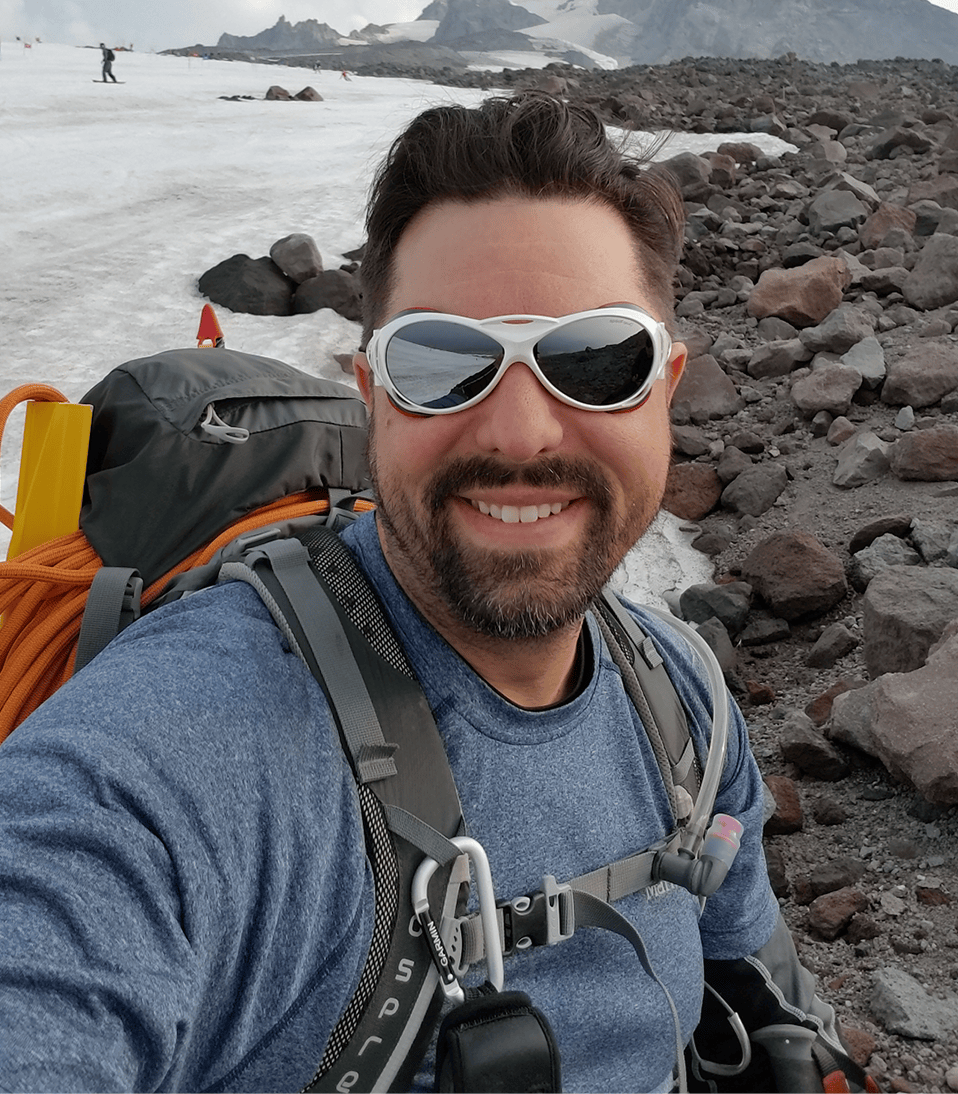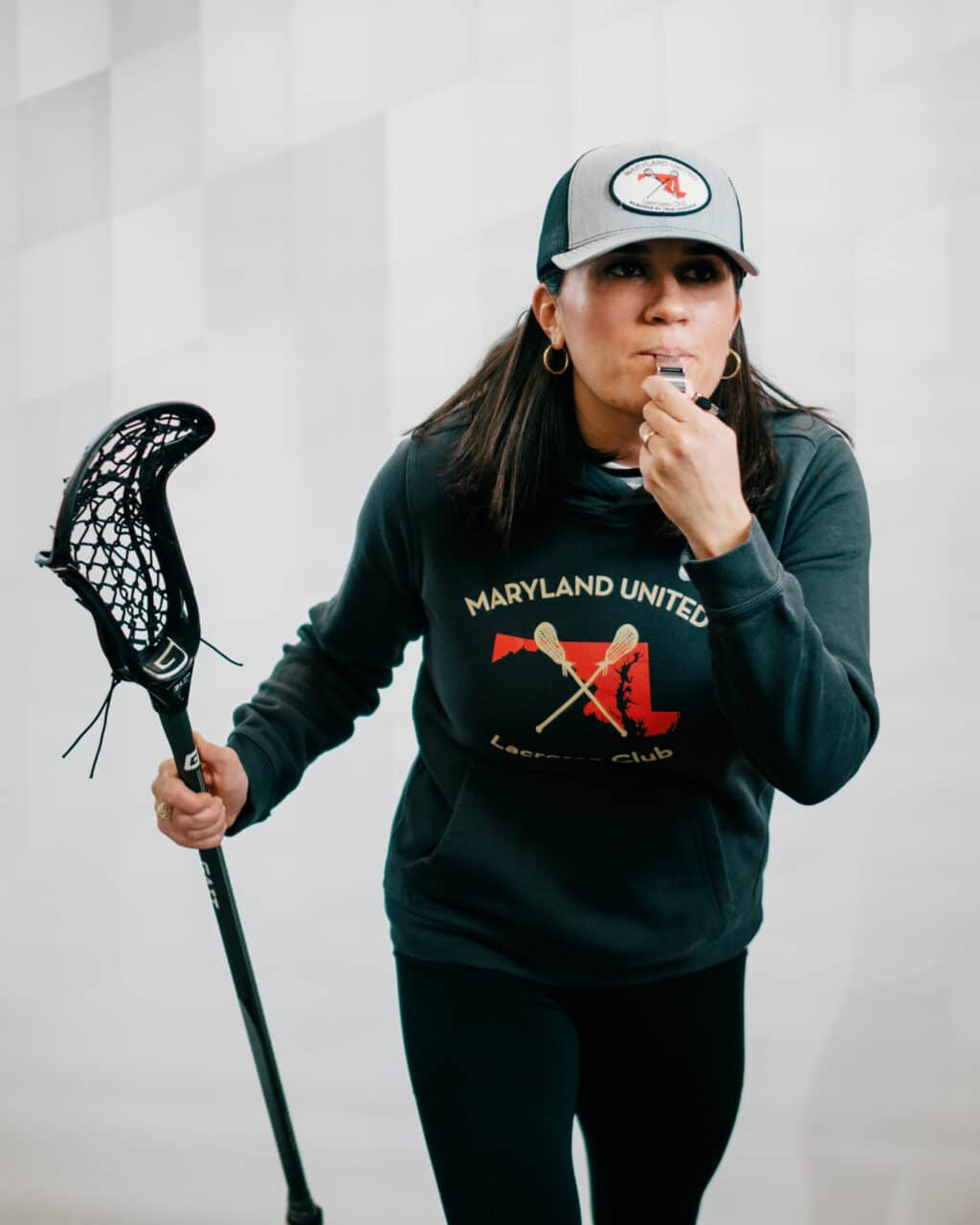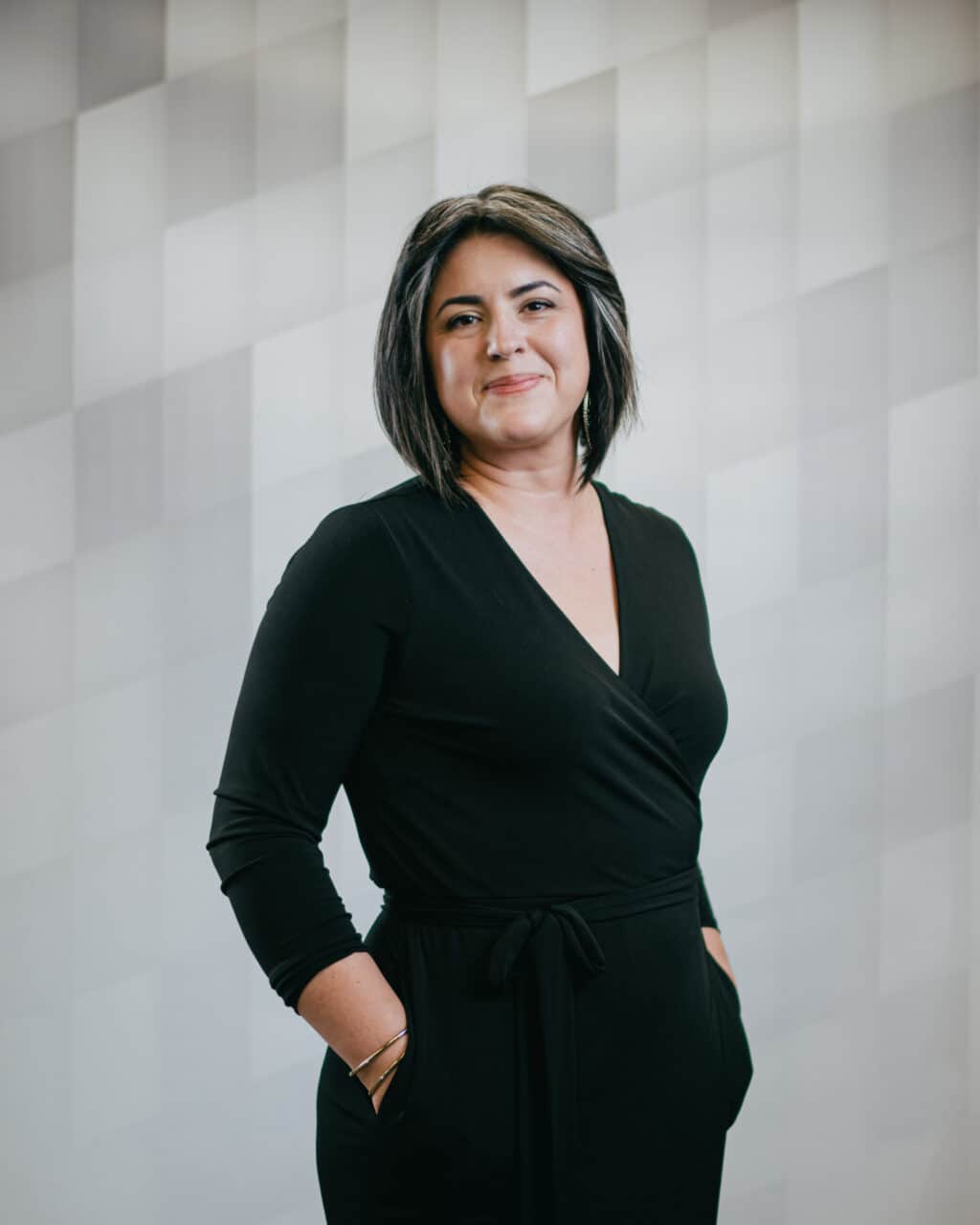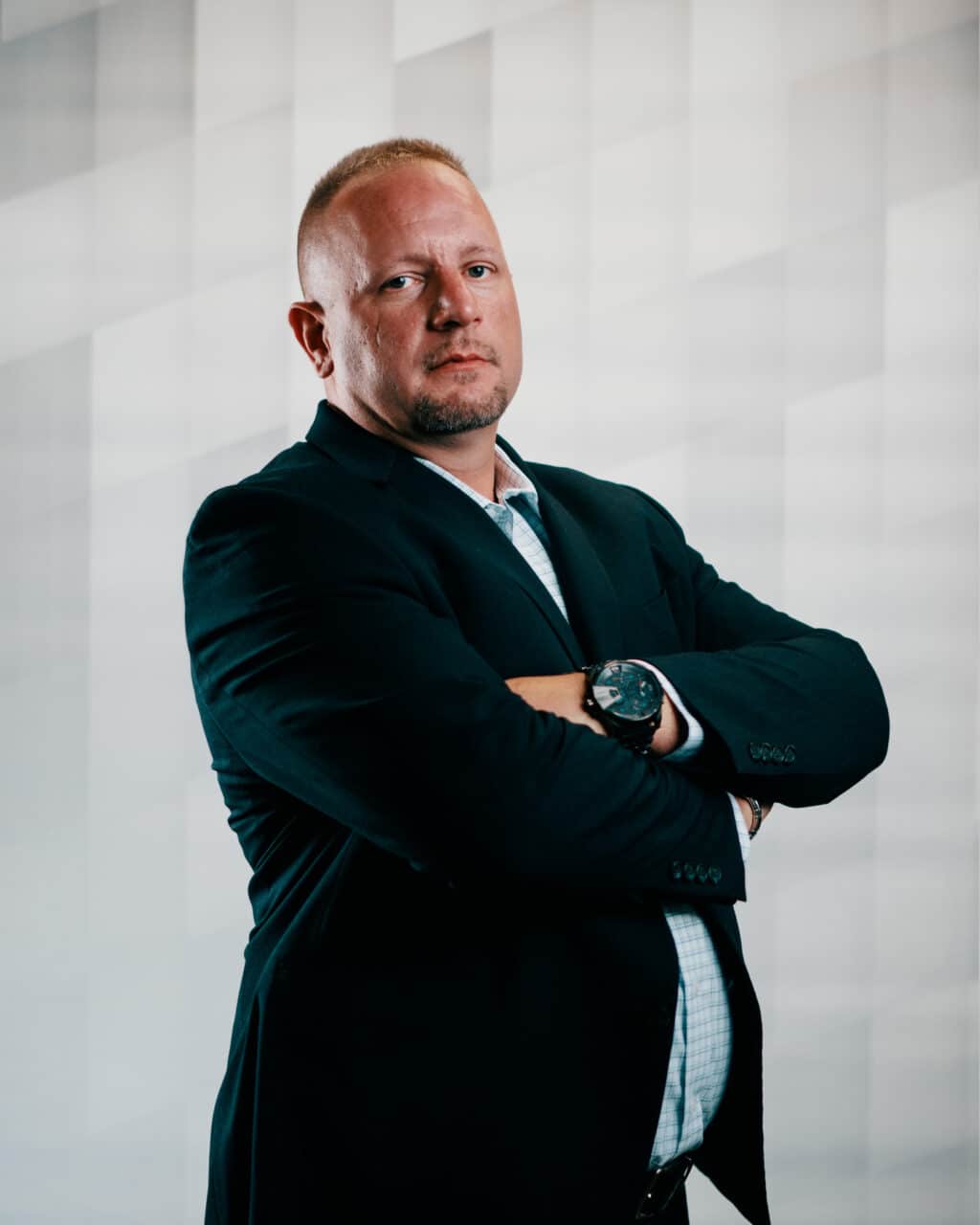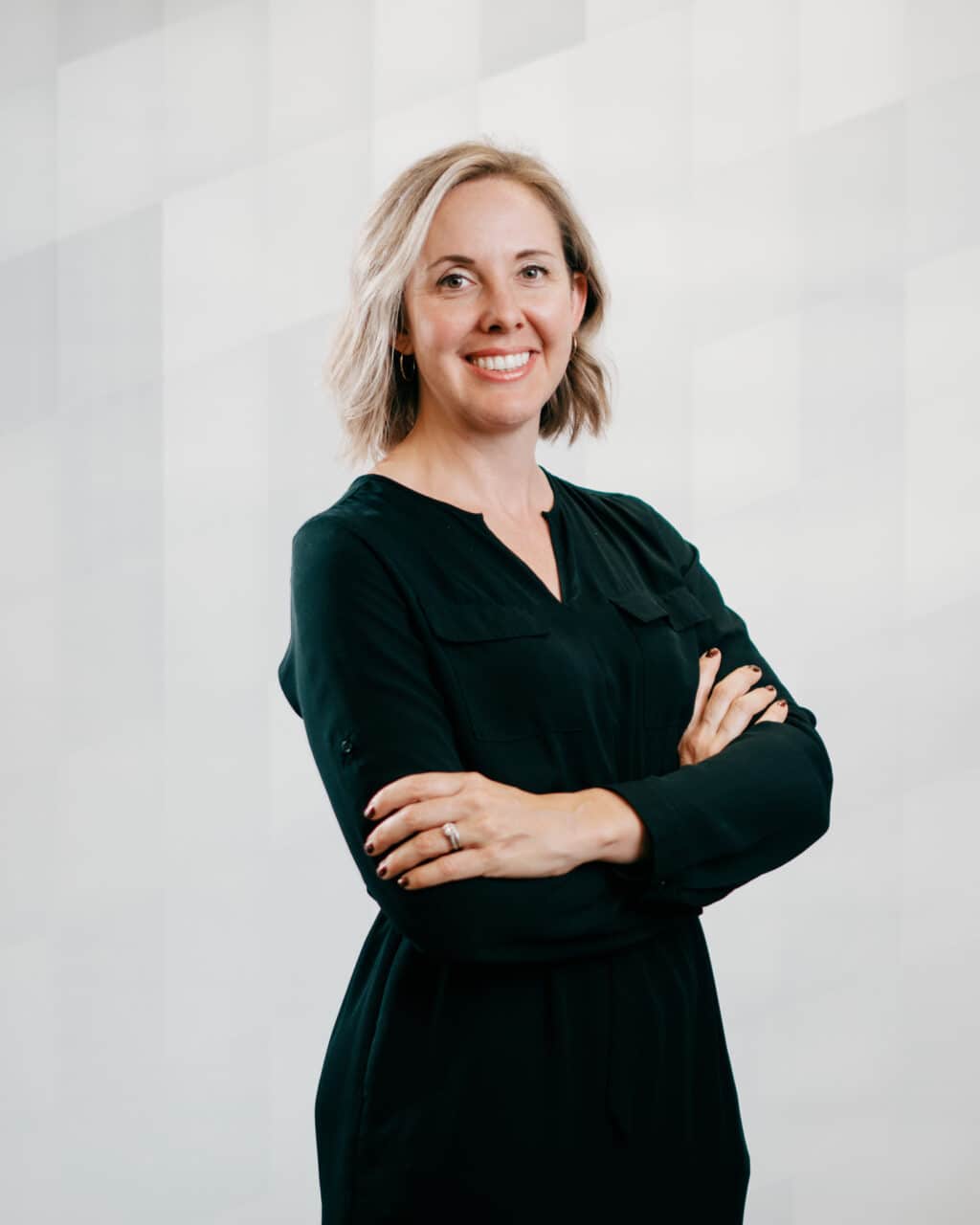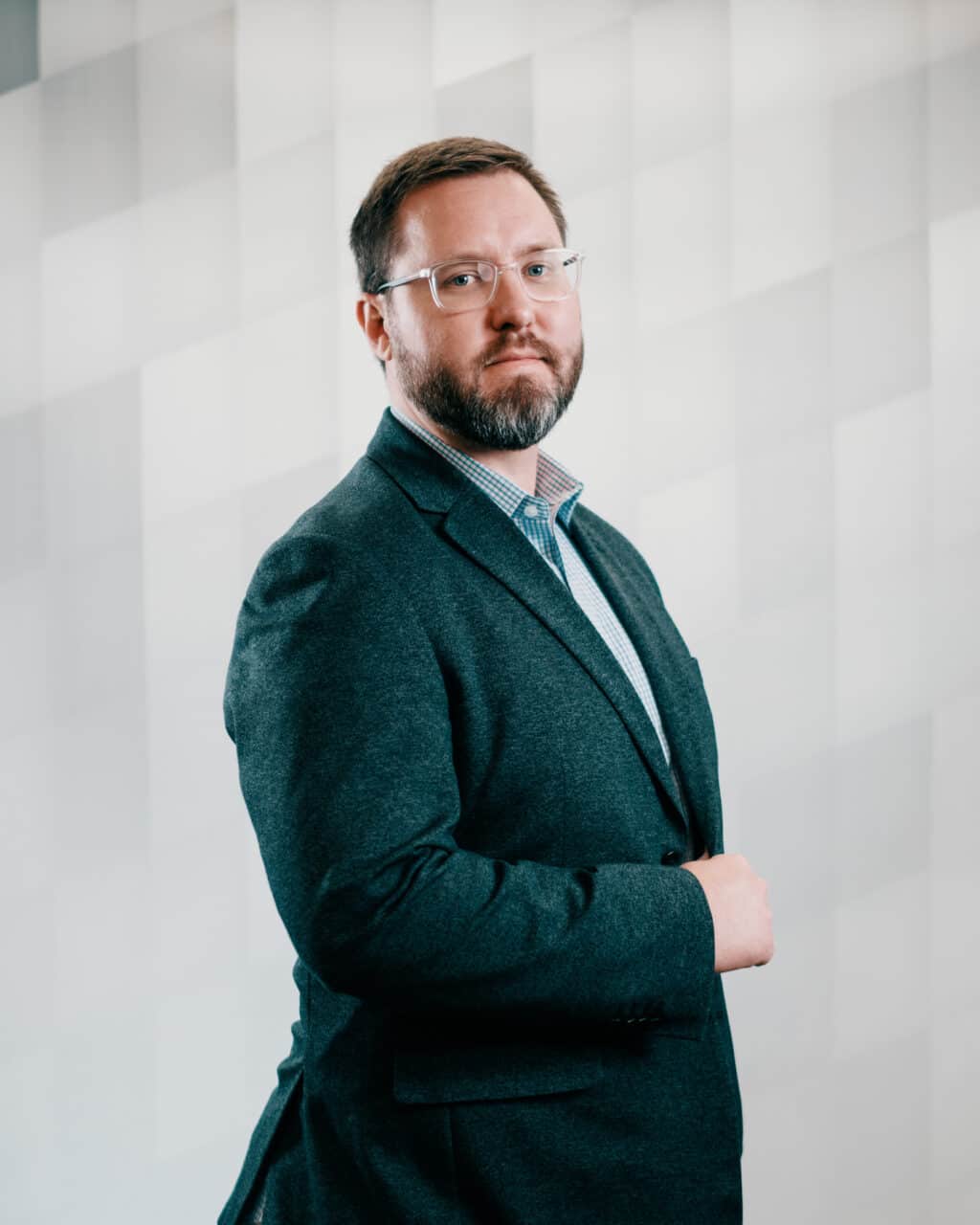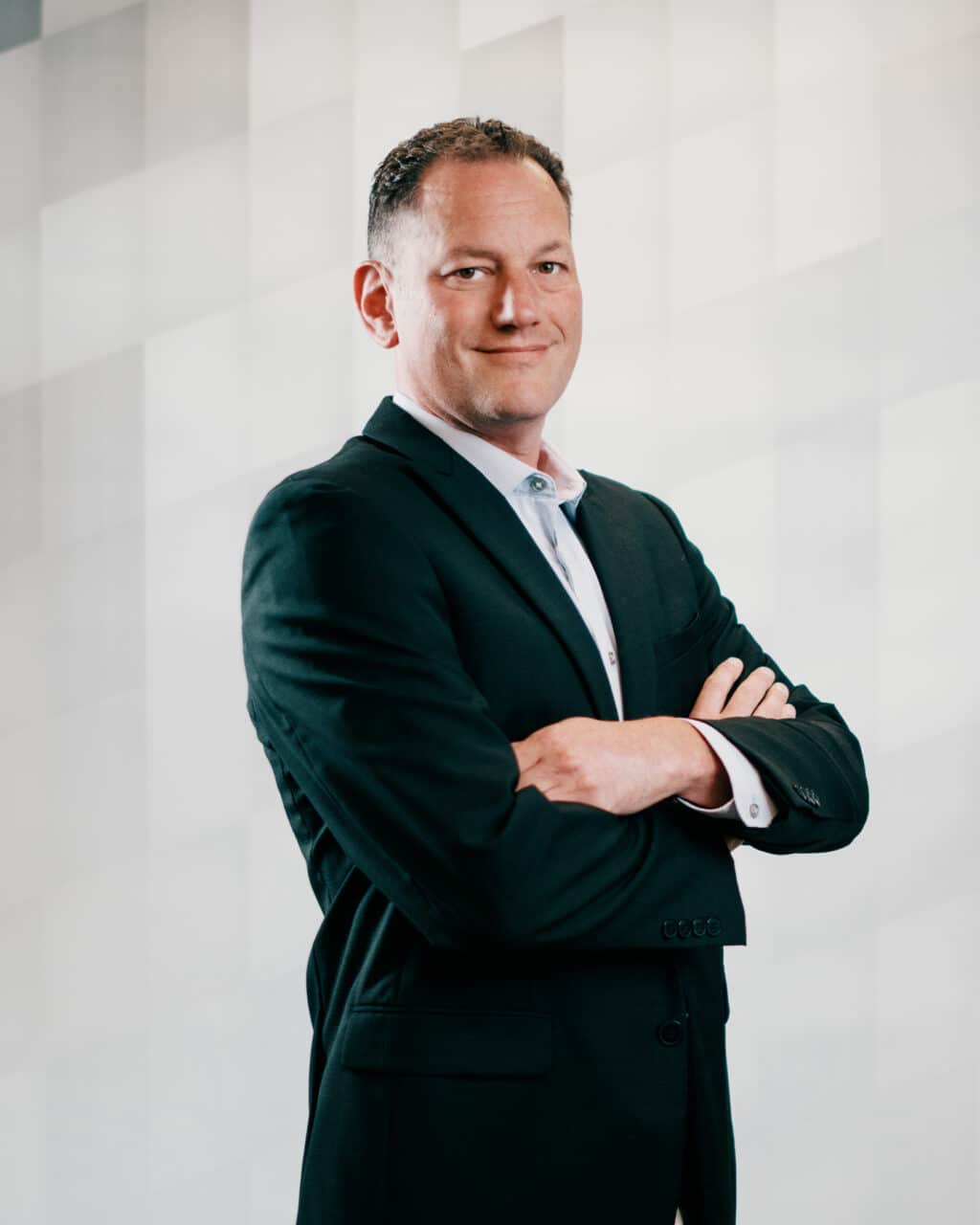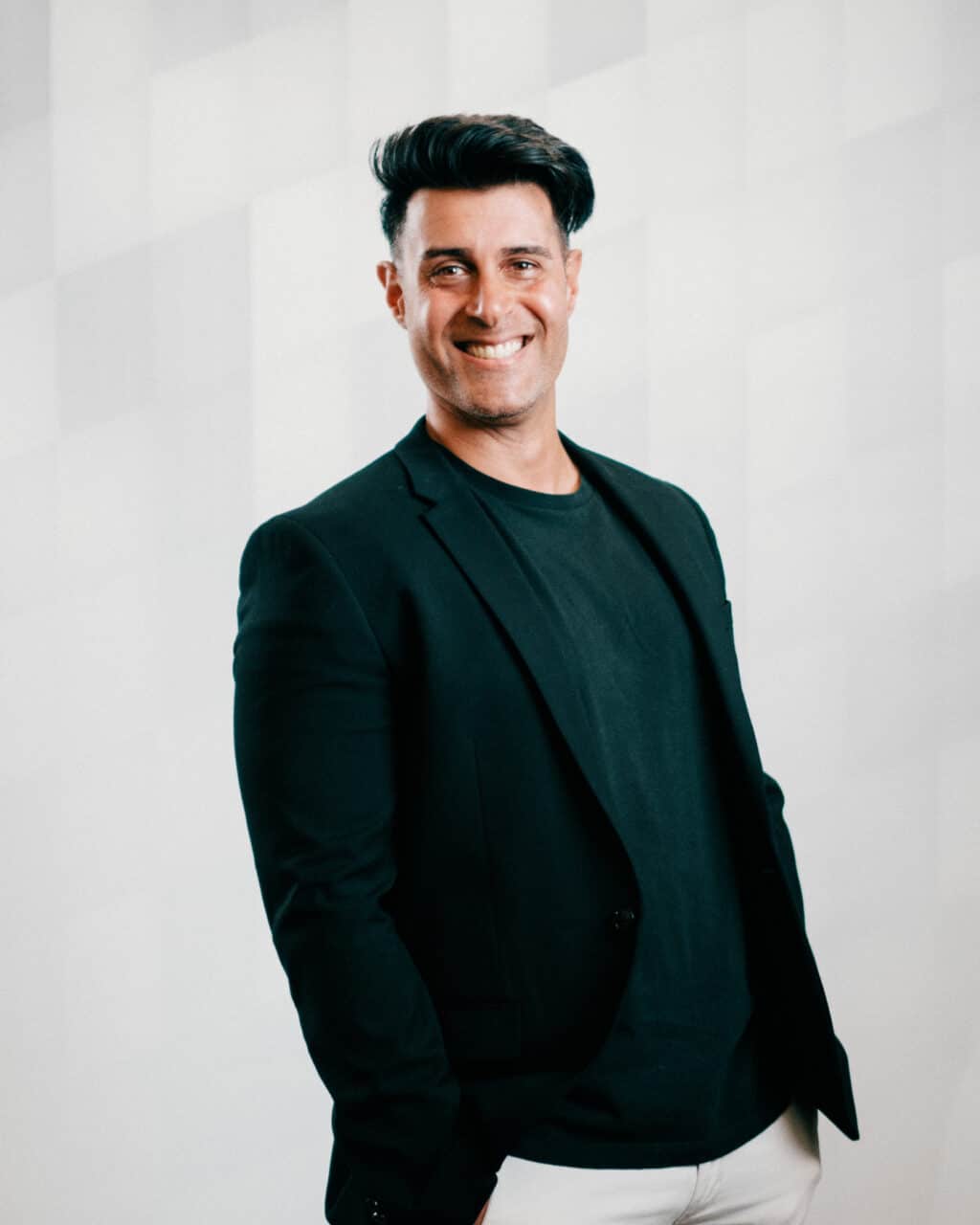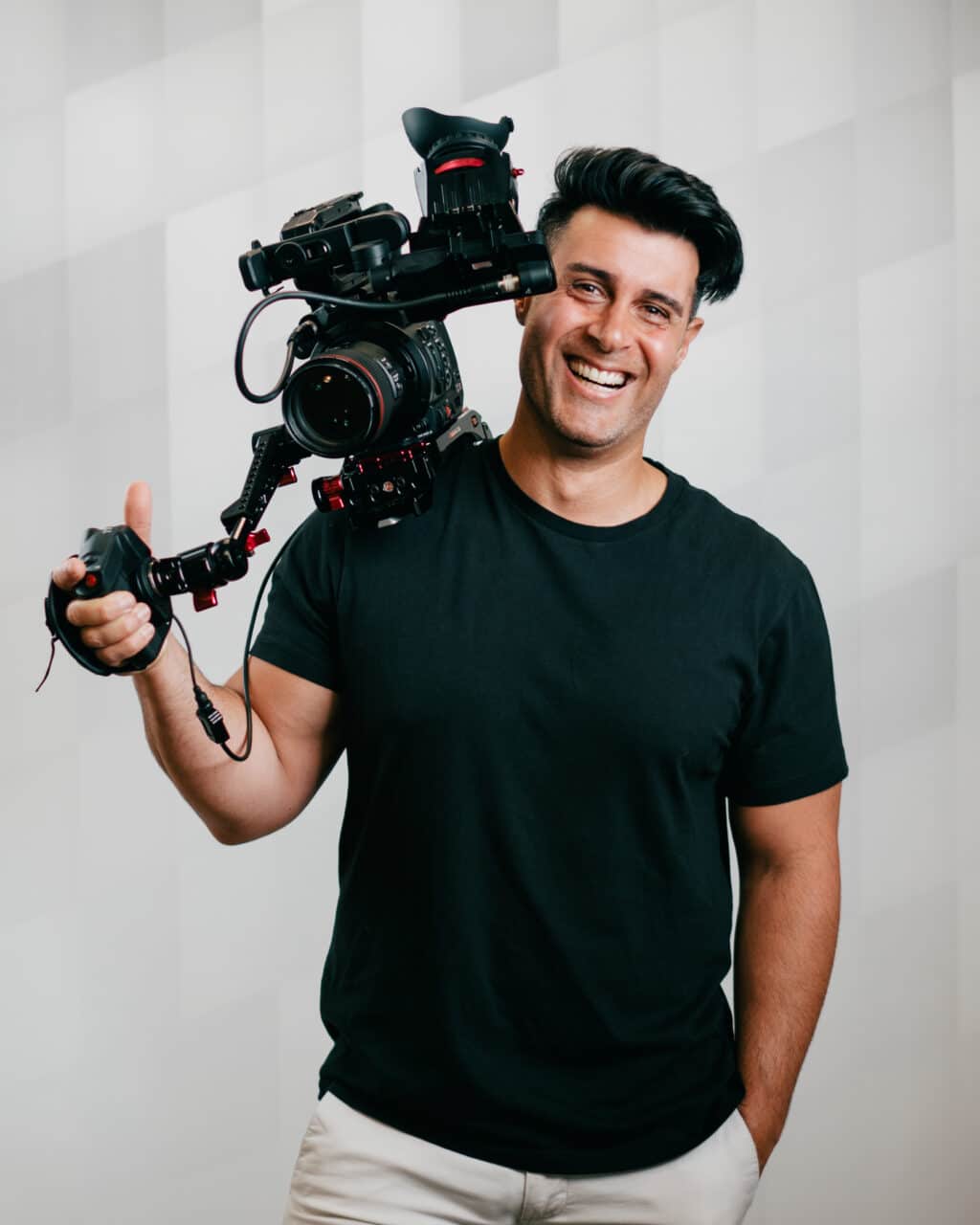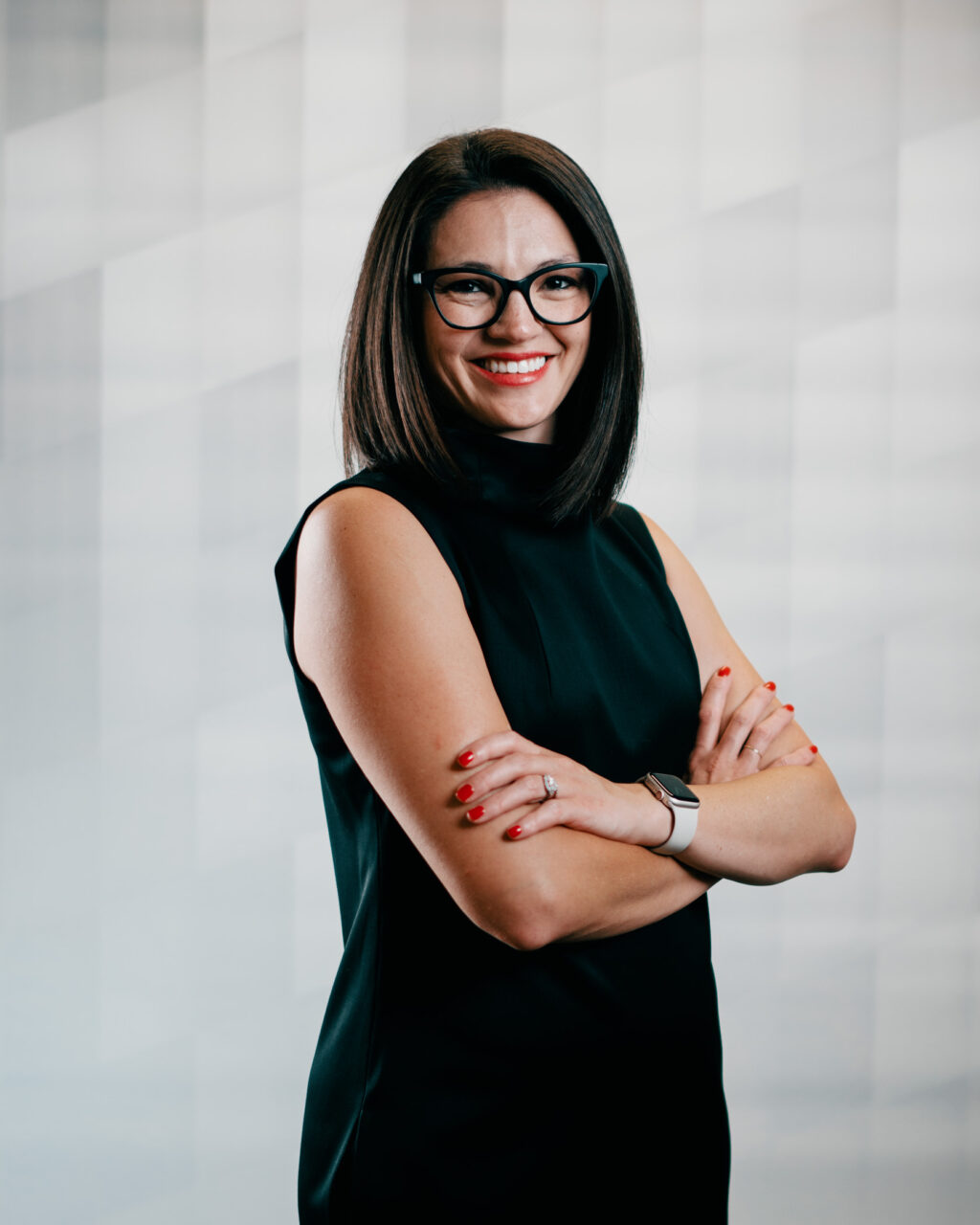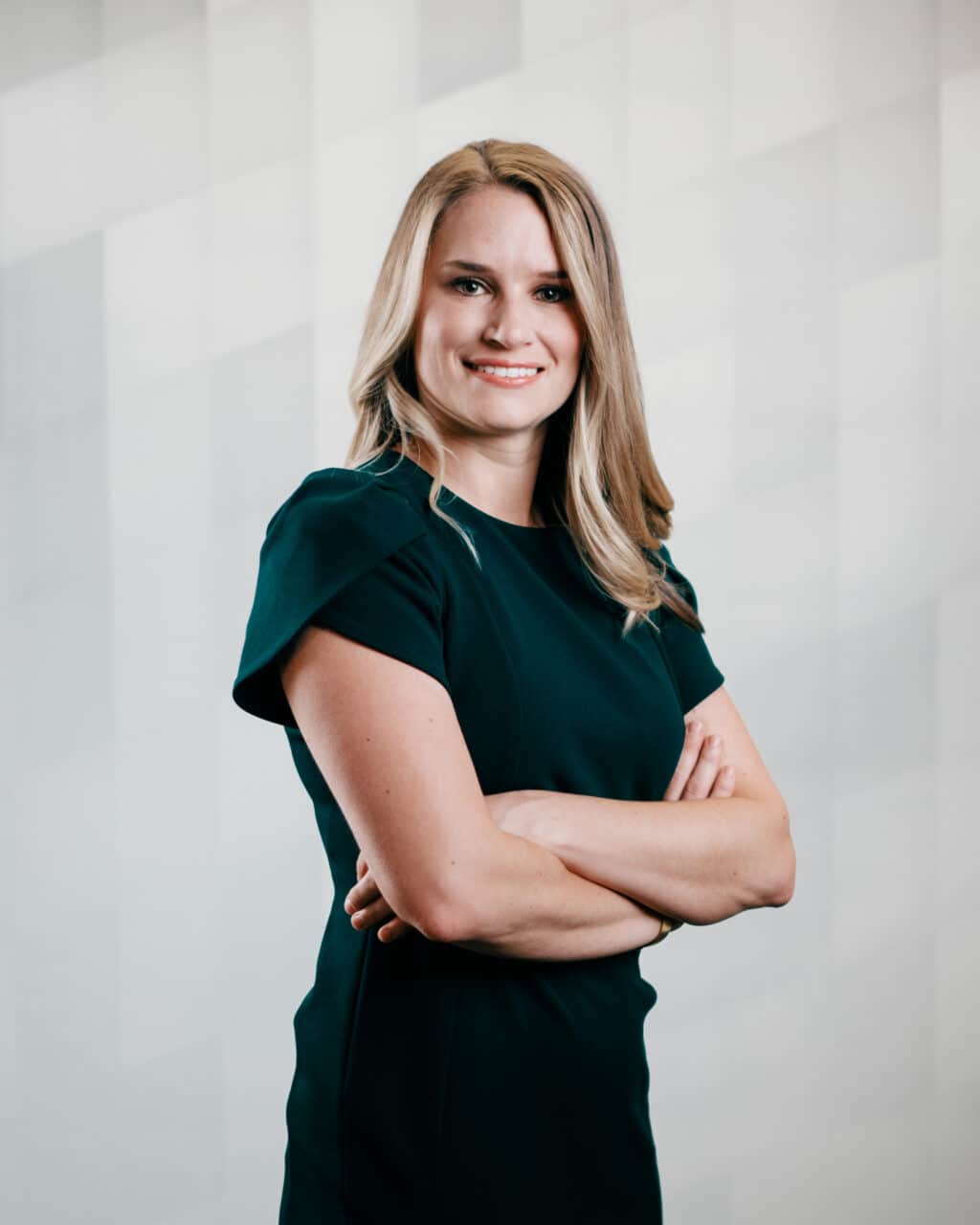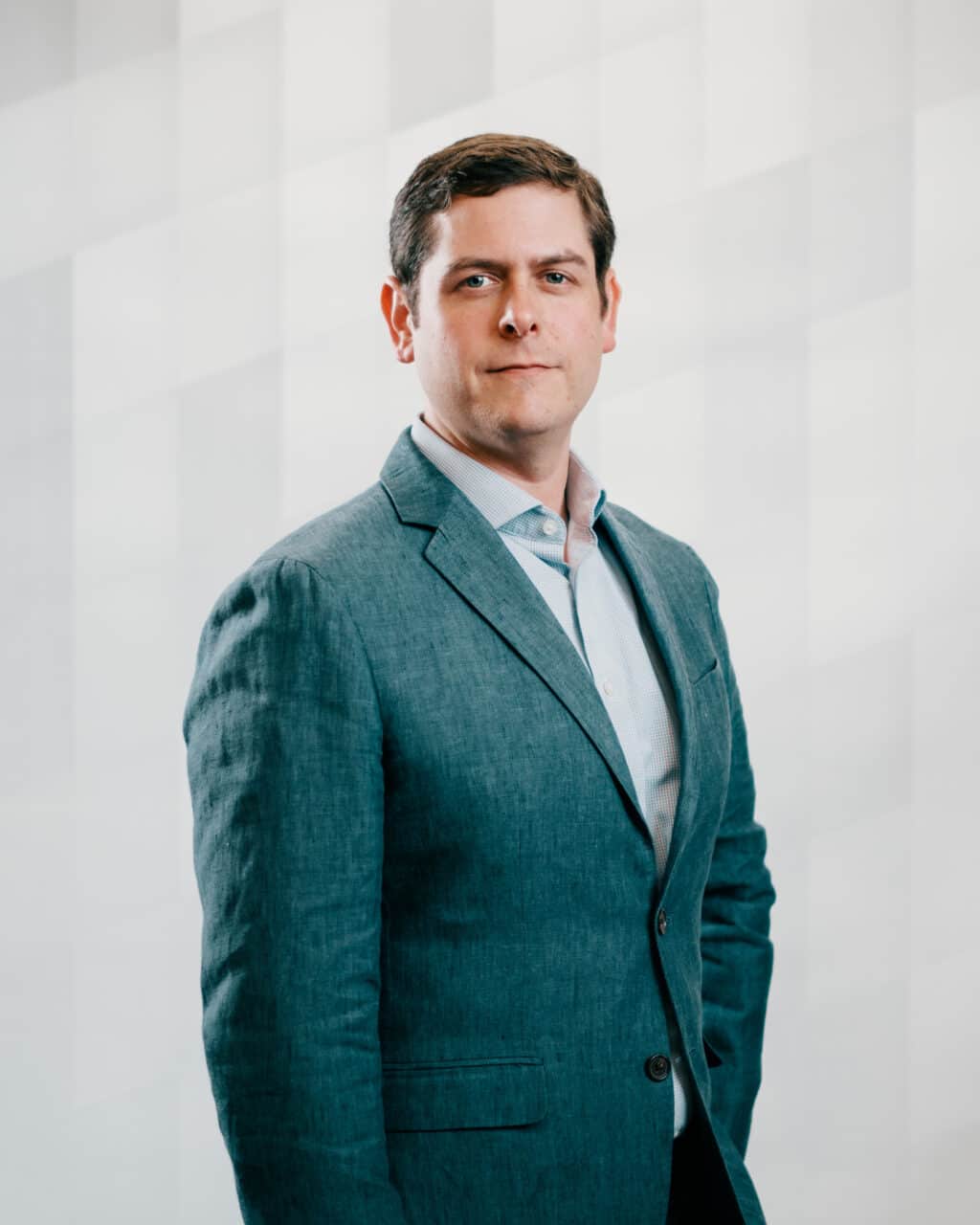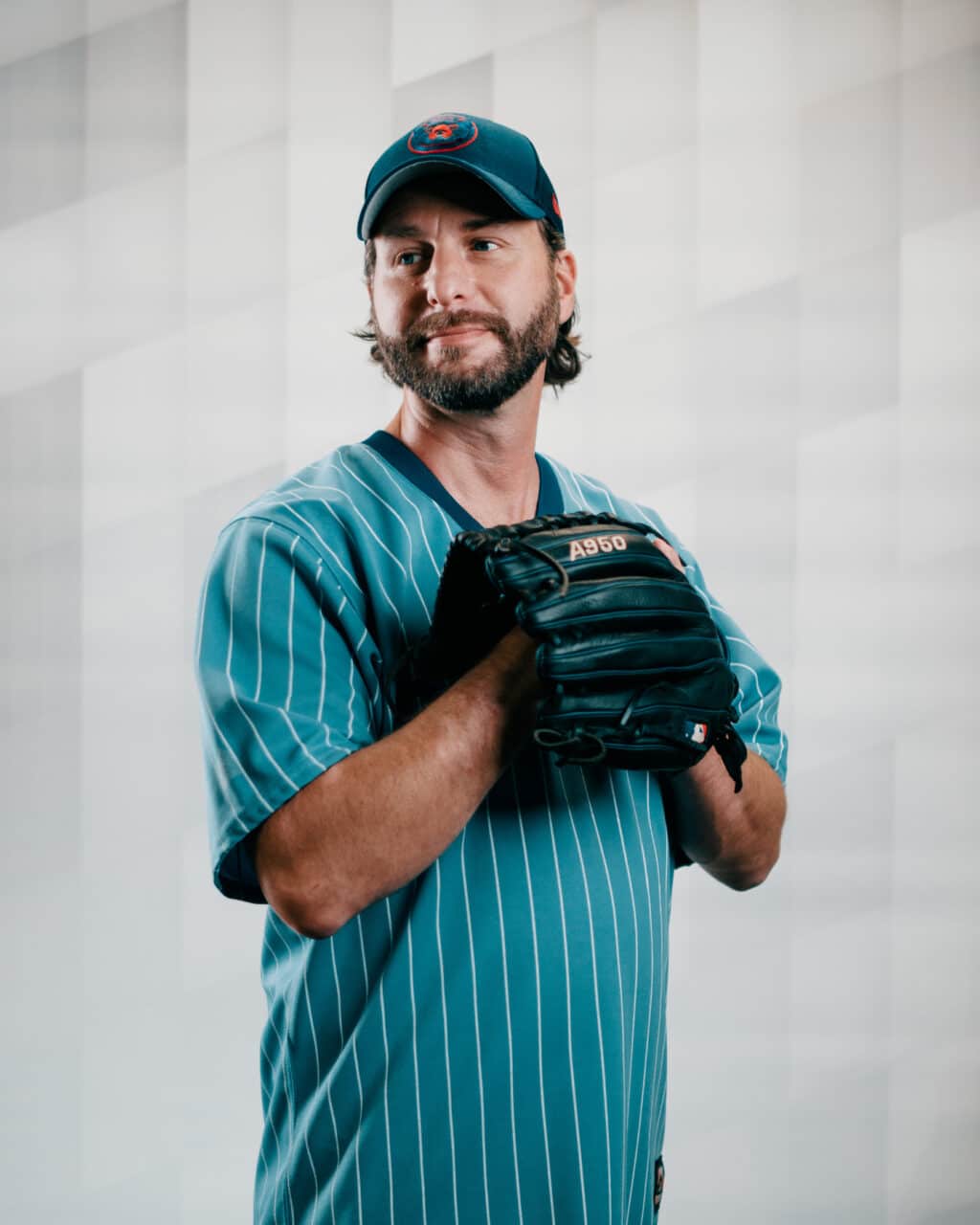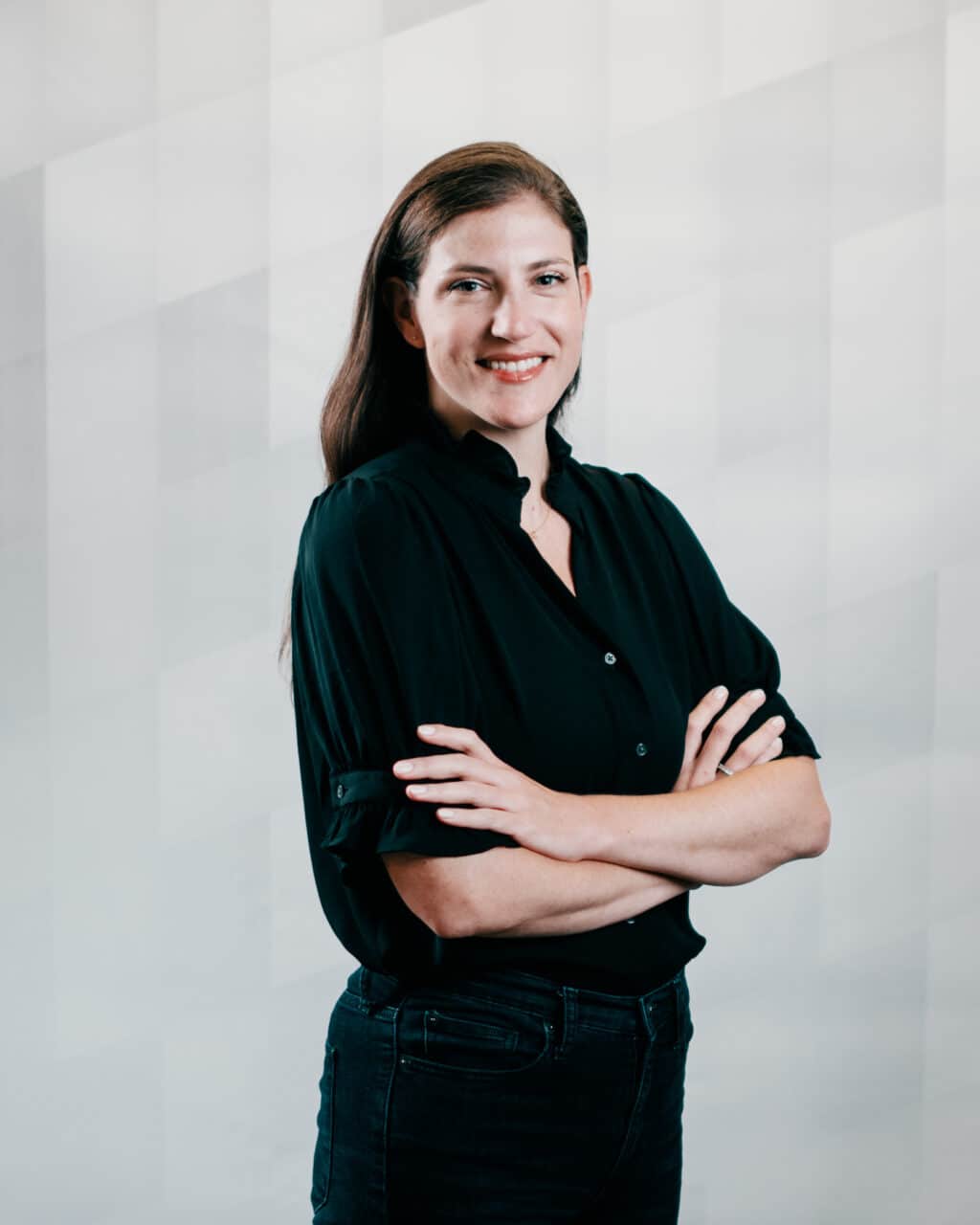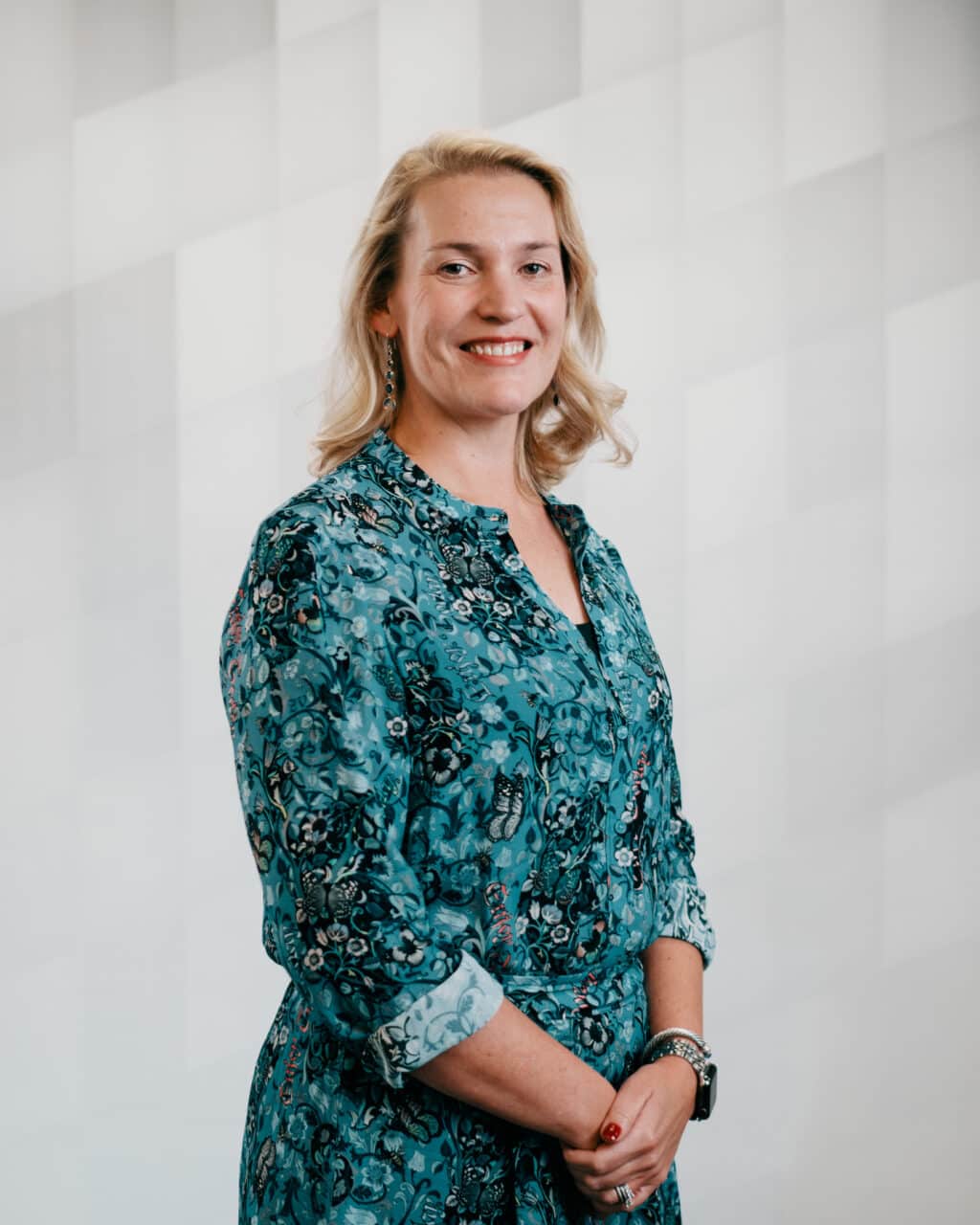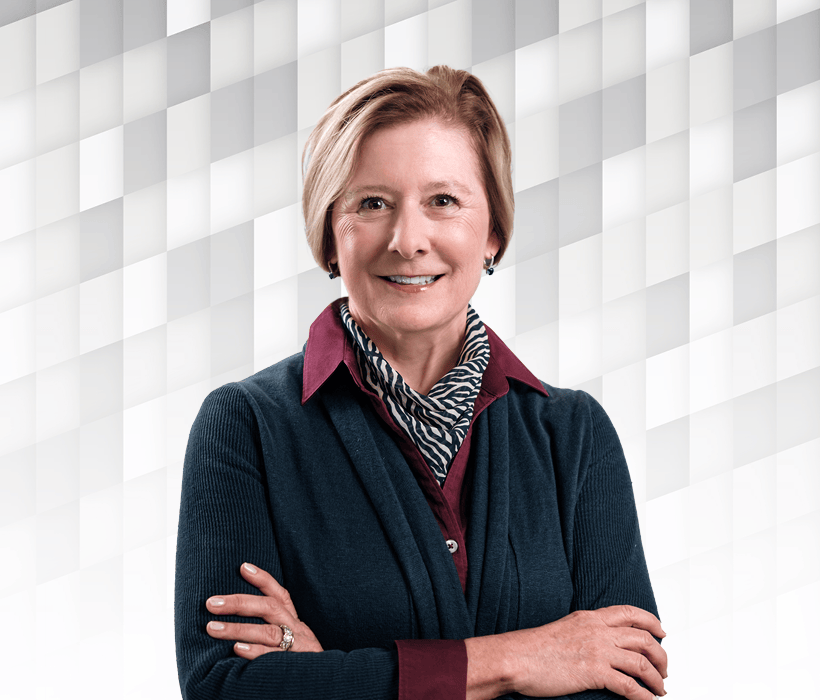By Caroline Brandt
Since 1969’s Stonewall riots, the month of June was designated as “Pride Month” to celebrate the LGBTQ+ community. Now, Pride Month is a nationally recognized celebration, signed into action by President Joe Biden on June 1, 2021.
Pride Month is more than just donning rainbow apparel in support, it is celebrating a population that has been historically marginalized, neglected and ignored. Pride encourages LGBTQ+ individuals to be proud of who they are and asks friends, family and spectators to challenge long-held, misguided beliefs. Pride also serves as an opportunity to raise awareness of the disparities and inequalities that many in the LGBTQ+ community still face, even in 2021. In the U.S., LGBTQ+ individuals are at an increased risk of mental health issues and homelessness and have a more difficult time accessing and paying for health care.
To celebrate Pride and to do its part in raising awareness, Aptive Resources, a Veteran- and woman-owned small business in Alexandria, VA, hosted a virtual event on equity and equality in health care with public health, diversity and inclusivity expert, Michelle Zamperetti.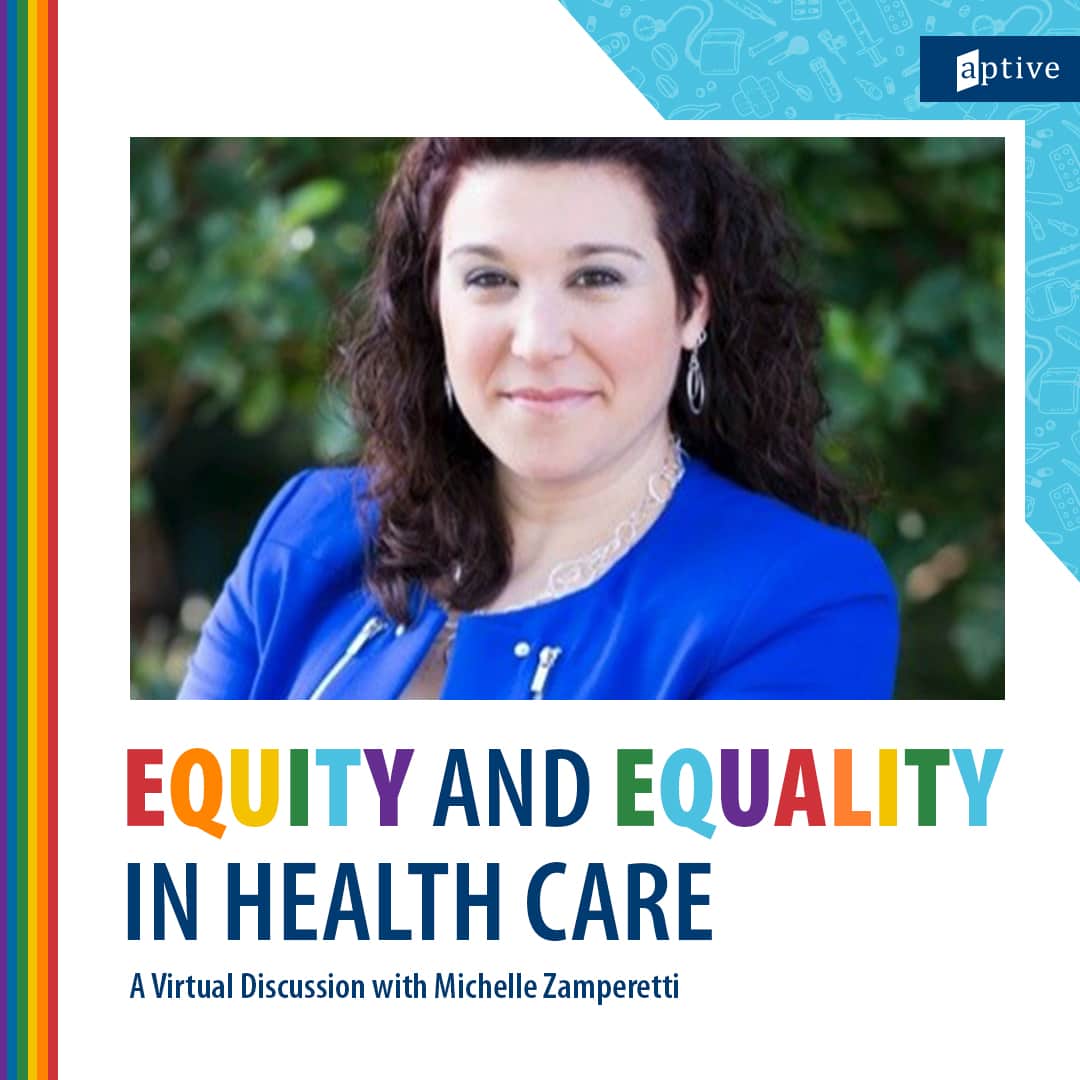
Zamperetti, who has over 20 years of experience in the public health sector, provides change management initiatives to help organizations prioritize equity, diversity and inclusion as the Director of Learning and Transformation for CommonHealth ACTION.
To fully grasp the concept of equity and equality, Zamperetti used the anecdote of giving everyone a quarter.
“If I give every single person who’s on this call a quarter, then everybody has been given an equal amount of money,” Zamperetti said. “However, because of the connections that we have-the candy shop in our neighborhood, the kids that rummage through our pockets and our wallets-a different thing is going to happen with each one of those quarters, and so the outcome of what that quarter does for you is different, and therefore, the equality that I have offered you by offering you that quarter, or that dollar, or that one-hundred dollar bill, is different.”
Using the anecdote of the quarter, Zamperetti explained that to be able to provide an equal experience to everyone, there must be an equitable opportunity for those with health disparities, or individuals or groups of people who have health outcomes that are poorer than others.
“I think that the LGBTQ+ community has been afraid of expressing themselves for who they are, sharing their truth and being authentic, whether it’s with their friends, their places of employment or their health care providers, and unfortunately, this means that they are not being given the appropriate treatment and services and opportunities to achieve their highest quality health,” Zamperetti said.
Zamperetti acknowledged that many people may not feel comfortable telling the complete truth to their health care providers, whether that’s the amount of exercise one gets in a week or how many alcoholic drinks they consume. But for the LGBTQ+ community, the fear goes much deeper than a white lie like exercise minutes and alcoholic drinks. When someone isn’t comfortable divulging their sexual history to a provider for fear of being outed or discriminated against, this creates a health disparity in the LGTBQ+ community.
“That fear translates into their medical care appointments and unfortunately sometimes turns into outcomes that would be less desirable than if people were able to tell the truth earlier on,” Zamperetti said.
To be able to fully grasp the gravity of what people who identify as LGBTQ+ go through when it comes to feeling comfortable with their health care provider, Zamperetti says people should “get comfortable with the uncomfortable,” by acknowledging their own implicit bias and having conversations. “People are afraid to do the wrong thing,” Zamperetti said.
“People are afraid to put their foot in their mouth and offend somebody. But if we actually start trying, and we acknowledge when we have been offensive and we try to do better the next time, then we’re actually able to start seeing some of that positive change. We can’t make that positive change unless you’re open to hearing the actual hard conversations.”
Part of creating an equitable environment as an organization, Zamperetti says, is to identify individuals as “champions,” who are trusted and highly regarded by their peers to serve as a liaison between employees and leadership to voice concerns about equity and inclusion in the workplace.
By providing a no-judgment environment and allowing people to have conversations without fear of reprimanding, organizations can make meaningful strides to supporting a more inclusive and equitable environment for all employees.















